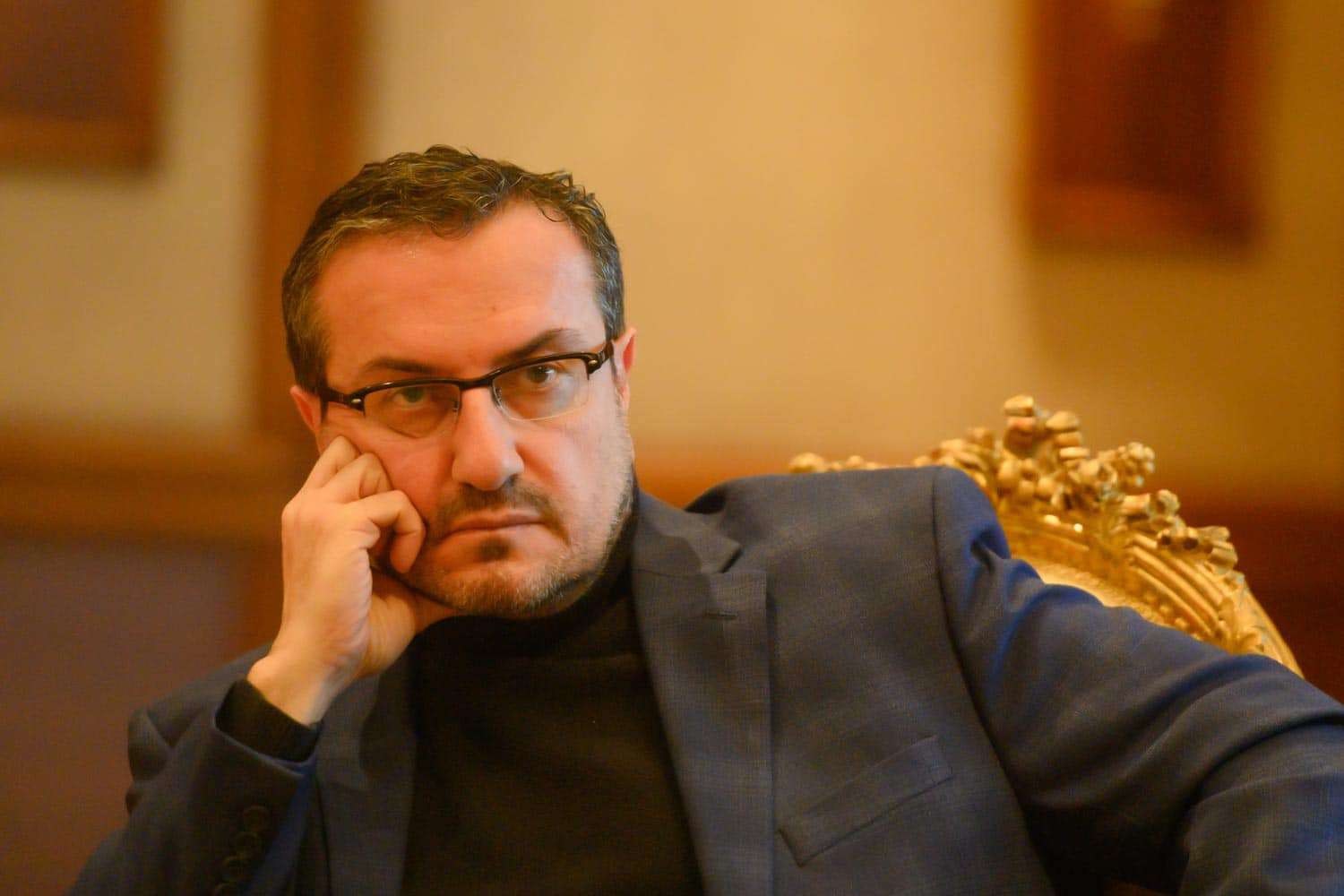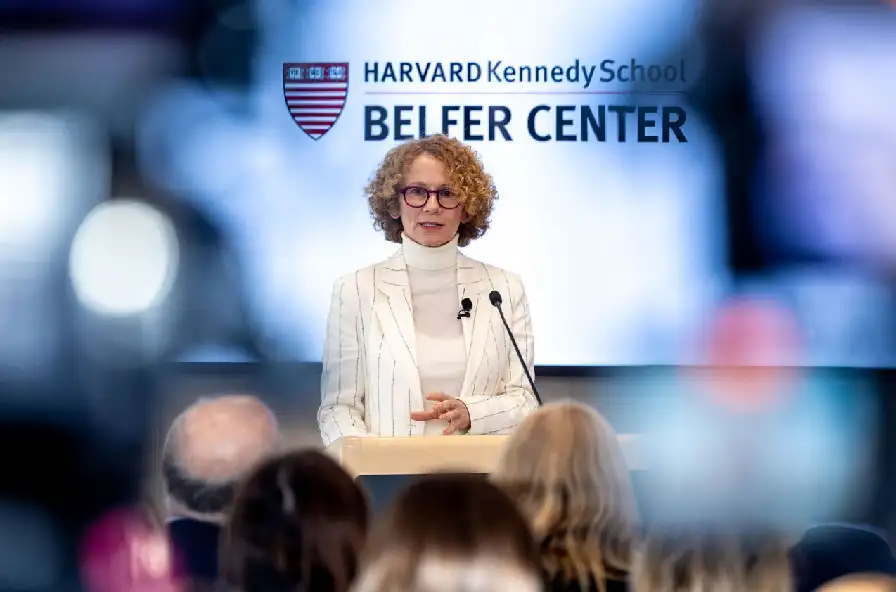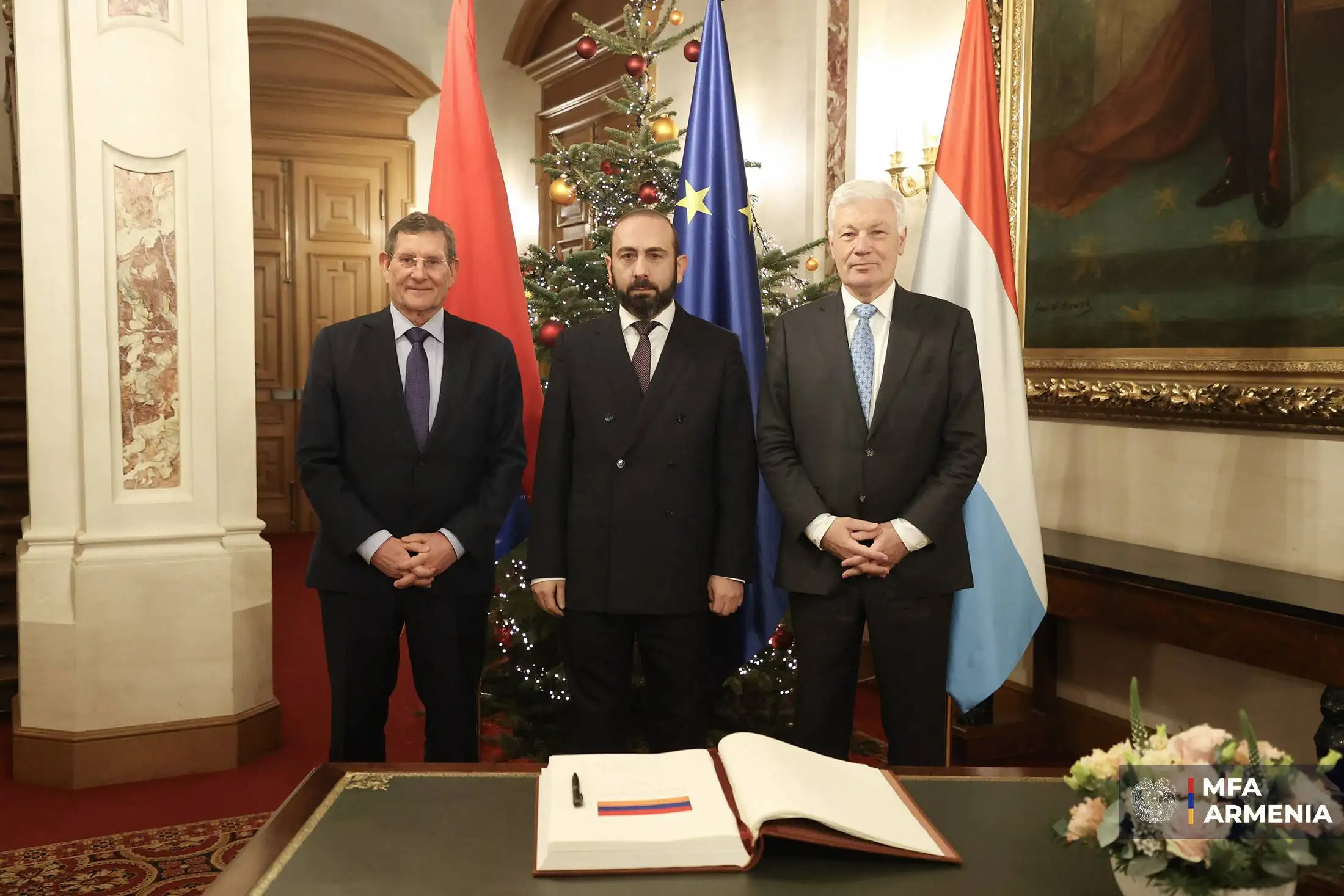Radar Armenia's interlocutor is Arman Grigoryan, political scientist, professor of Lehigh University, USA.
- There seems to be vigorous competition between the West and Russia in regulating Armenian-Azerbaijani relations. Will that competition bring the process to a dead end?
-
It is tough to expect anything good from that competition. In thinking about this, we must ask ourselves what general problem it is a manifestation of, what consequences it has had elsewhere, and whether there is any reason to think that things will turn out differently in our case. It is a process that has been going on for a long time, which started in the distant 1990s. Immediately after the end of the Cold War, the West, more precisely, the United States, made a strategic decision that it would move forward not by maintaining the existing status quo but by striving to strengthen and expand the global hegemony of the United States. One of the essential components of that policy was the integration of the countries that were formerly under the influence of the Soviet Union into the West. Gradually, the same process expanded to include the former Soviet republics. In the beginning, Russia could not oppose it. Besides, the urgency to oppose was not the same. In particular, the Czech Republic shouldn't have become a member of NATO, but it was a tolerable inconvenience for Russia. However, despite protests and expressions of disappointment, Russia did not, and could not, take any practical steps to resist the process. The situation began to change in the second half of the 2000s. Russia rose to a certain extent, overcoming the economic and political chaos that followed the collapse of the Soviet Union. At the same time, the competition had already shifted to a region, the territory of the former Soviet Union, that was far more important to Russia than the Czech Republic, Hungary, or Slovenia. They somehow digested the integration of the Baltic republics with the West but decided to draw a red line beyond it. A thousand and one personal reasons can be cited to explain the Russian-Georgian war in 2008, the revolution in Ukraine in 2014 and the subsequent bloodshed, and the Russian-Ukrainian war in 2022, but the main reason for all of that is the process I mentioned. What is happening around Armenia also fits into the logic of that process. Russia has now focused its forces on the war in Ukraine. At the same time, in Armenia, for quite a long time, there has been an atmosphere of dissatisfaction with Russia, which the West is trying to use to get Armenia out of Russia's sphere of influence. Accordingly, the West acts as an alternative mediator and guarantor of Armenian-Azerbaijani reconciliation. If the West manages to make it a reality with the reconciliation model and guarantees they offer, that goal can be considered accomplished.
- In the past, you have stated on a couple of occasions that the West has no such interest in Armenia, and you say it honestly, but the pro-Western Armenians do not want to take those messages into account. Has anything changed in your views?
- As an aspirant for integration with the West, Armenia has always been a much more complicated country than Georgia or Ukraine. Armenia had an unresolved conflict with its other neighbor, Azerbaijan, and cold war relations with NATO member Turkey. Russia was the guarantor of Armenia's security. Armenia had good relations with Iran. Turning Armenia to the West was therefore not only associated with the risk of a potential confrontation with Russia but also with additional problems, namely assuming the strategic burden of Armenia's conflict with its neighbors. In addition, until recently, Armenia has never had that level of enthusiasm regarding integration with the West, as in the same Georgia or Ukraine. Recently, however, significant changes have taken place in that equation. As a result of the Russian-Ukrainian war, the already open and very intense confrontation with Russia has created a situation where the West is ready to take more significant risks in the issue of Armenia and make another severe headache for Russia, especially since they now think that the ongoing conflict with its neighbors the problem of assuming responsibility no longer exists, or at least it does not exist according to the previous logic. Apart from that, there is a sharp mood change in Armenia regarding relations with Russia and the West.
- The mediation mission of the West is in an active phase, also considering the Prague meeting and the agreements reached. Will the Russian Federation, assuming the role of a silent observer, come to terms with the idea that the West will be the architect of new agreements, which is trying to solve issues in the region under Russian influence, separate from Russia?
-Many in Armenia, or, more precisely, supporters of a sharp turn in strategic orientation, including the current government of Armenia, bet on the prospect that Russia will lose in Ukraine, that it will come out of that war very weakened and destroyed, therefore, will not be able to resist that process seriously. Some of them probably do not think that a suitable opportunity has been created to move to the Western camp but think that Armenia has nothing to do but leave the sinking ship of Russia. I do not think these are justified calculations, so I am concerned about how Russia will react to such behavior. Russia will not assume the role of a silent observer. Whether it's good or bad, fair or not, is as essential to this conversation as the weather on Mars. The only thing that matters here is that Russia will try to prevent it, not discriminating in the means, and the West will react to it in the best case, as it reacts in the case of Ukraine. I repeat, in the best chance. In this connection, I want to say something that should be clear by now, but perhaps it won't hurt to emphasize it. There are many conversations about what the proposals of Russia and the West consist of and which of them is preferable. There are rumors that the West has a more pro-Armenian position regarding the corridor. I don't know how true that is. It is not enough to yoke the West, even if it is true. It is not worth getting too excited about Macron's statements either. The West only needs to be asked one question. Suppose Russia punishes Armenia for trying to change its orientation and for accepting the plan preferred by the West in regulating relations with Azerbaijan. What will the West do to protect us from this opposition? Remember that the Treaty of Sevres was much better than what the Bolsheviks and Turks offered us in 1920. Incomparably good. But that comparison was not the only thing that should determine the policy of the Armenian government at that time. The current government of Armenia should realize the same thing.
- The secretary of the Security Council of the Republic of Armenia announced that the peace agreement should be concluded by December. In your opinion, how realistic is that period? What could be the disturbing factors that will affect the situation?
- I don't know, to be honest. I don't know who the guarantors of that contract will be, especially since we are talking about the document. Two parallel processes are taking place, which implies solutions with different parameters and guarantors. I don't know which method the Secretary of the Security Council is referring to and what is the basis of his conviction that any of these processes will end with the signing of the agreement and that the supporters of the other method will not be able to prevent it.
- Will they be able to work together in this region in the conditions of such a conflict between the West and Russia? Is a peace treaty possible if there is no work with each other?
- I can hardly imagine working together in the foreseeable future. Both sides have a motive to prevent the conclusion of the peace agreement if it happens with the mediation of the other and with the parameters preferred by the other. Much will depend on how the events will develop in Ukraine.
Hayk Magoyan




















